If you haven’t heard of eucalyptus honey, you are not alone. There are literally hundreds, if not thousands, of types of honey in the world—each one unique in its flavour, colour, aroma, biochemical constituents, and nutritional profile. Eucalyptus honey is one type of honey that has been gathering a lot of interest recently, and we think you should know about it and learn how this honey can be beneficial to you.
What is eucalyptus honey?
Honey is broadly classified into floral and honeydew honey based on its primary source.
Floral honey can be mono or unifloral, or poly or multifloral—which is also known as wildflower honey and is produced from the nectar of a variety of flowering plants.
Monofloral honey, on the other hand, comes from the nectar of one type of flower and is typically named after the plant from which it is derived.
Eucalyptus honey is an example of monofloral honey and, as the name suggests, it is produced by bees that gather nectar from the flowers of the eucalyptus trees, which are found in abundance in Australia and some other regions of the world. This honey stands out with its distinctive taste and aroma, featuring subtle medicinal notes and hints of menthol, which come from the natural oils present in it.
Eucalyptus honey is gaining popularity because it is thought to carry the medicinal properties of eucalyptus which is known for its potential health benefits, such as reducing the symptoms of coughs and colds and relieving joint and muscle pain.
Benefits of eucalyptus honey
Eucalyptus is a medicinal plant belonging to the Myrtaceae family (Manuka and Tea Tree are from the same family), known for its medicinal properties. Studies have demonstrated the various beneficial properties of eucalyptus oil, such as antibacterial, antioxidant, anti-inflammatory, antidiabetic, and wound healing. The same properties are found in eucalyptus honey, which is rich in phenolic and flavonoid compounds.
Although scientific research is scant and not conclusive, some studies indicate that eucalyptus honey may provide health benefits. Here are some benefits of eucalyptus honey:
- It acts as a natural cough suppressant, especially in children, and its antibacterial and anti-inflammatory properties may be beneficial for alleviating nasal congestion associated with colds and other respiratory illnesses.
- Eucalyptus honey can benefit the immune system as it is rich in antioxidants which protect the body from damage by free radicals—unstable molecules that can cause oxidative stress, leading to cell dysfunction and the development of chronic illnesses.
- As a rich source of bioactive compounds, eucalyptus honey can stimulate faster wound healing, reducing cell death and inflammation while increasing antioxidant activity.
- Honey has been used to treat skin disorders and infections because of its antioxidant, antibacterial, and anti-inflammatory properties. Research has found that eucalyptus honey, in particular, may help in the treatment of tinea infections by inhibiting and eliminating the ringworm fungi that cause tinea.
- Additionally, eucalyptus honey has demonstrated powerful skin protection properties and can reduce wrinkles, boost collagen production, and keep the skin firm. It may also benefit acne, as it reduces the size of oil-producing glands in the skin.
- Like other types of honey such as Manuka honey, eucalyptus honey contains prebiotics, which may offer benefits for digestion and gut health.
Is eucalyptus honey safe to eat?
Eucalyptus honey, like other types of honey, has been used as a natural food product for centuries. It is generally safe to eat and is often used as a natural sweetener in culinary recipes and beverages like tea. You can also consume it directly and a spoonful of eucalyptus honey daily is perfectly safe. However, moderation is essential as the honey has high sugar content. If you have diabetes, it is best to avoid it or speak to your doctor for advice.
Eucalyptus honey can also be applied topically on your skin, directly, or as a face mask mixed with other ingredients, like yogurt or oats.
However, there are some restrictions for using eucalyptus honey. It should not be consumed by infants younger than 1-year-old as the honey contains botulism spores and can cause infant botulism. Eucalyptus honey should also be avoided if you are allergic to bees or pollen. We recommend talking to your doctor before using honey for medical purposes.
Where to buy eucalyptus honey?
To reduce the risk of contamination, use high-quality eucalyptus honey, such as Nature’s Gold Australian Eucalyptus Honey. You can find it easily at our online store.



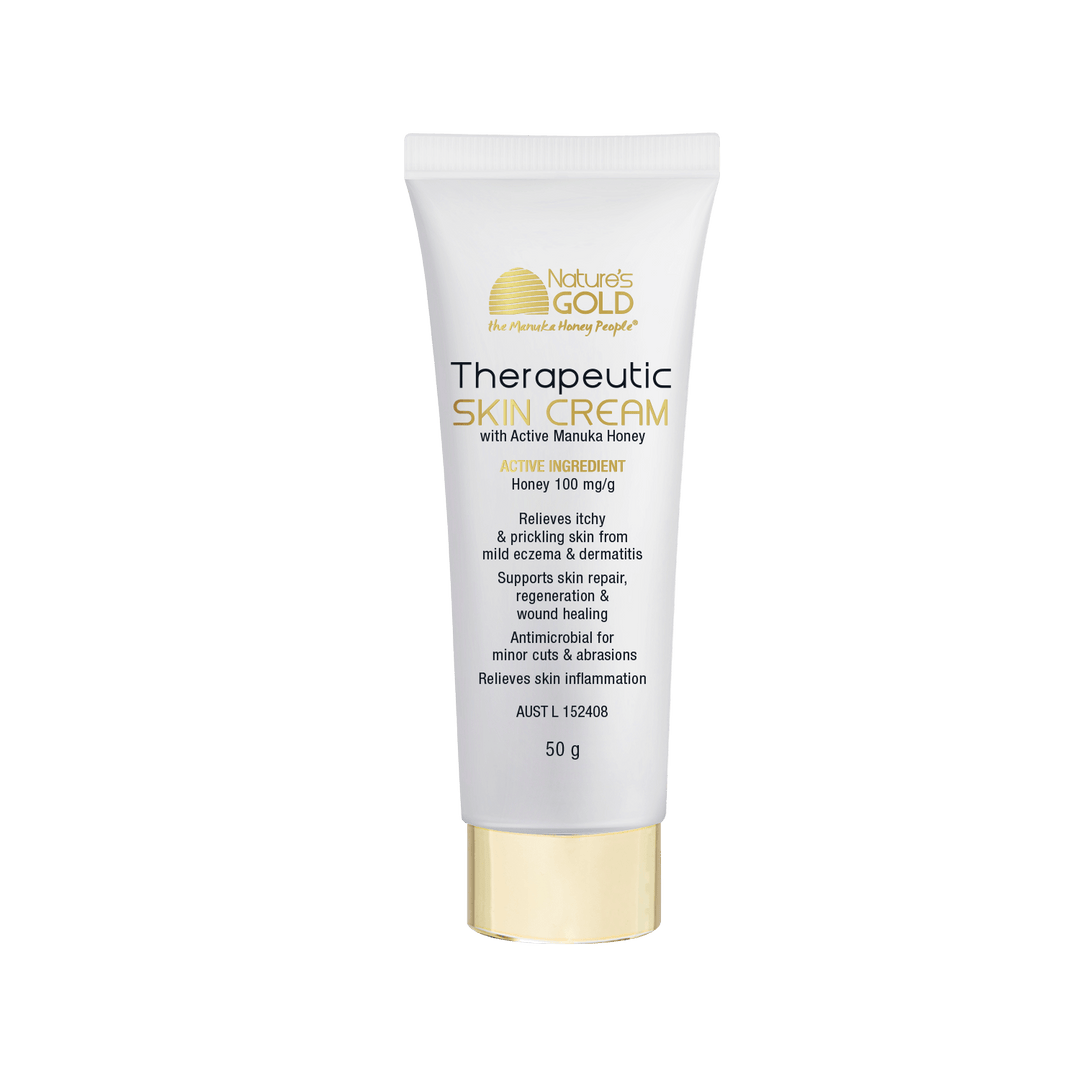
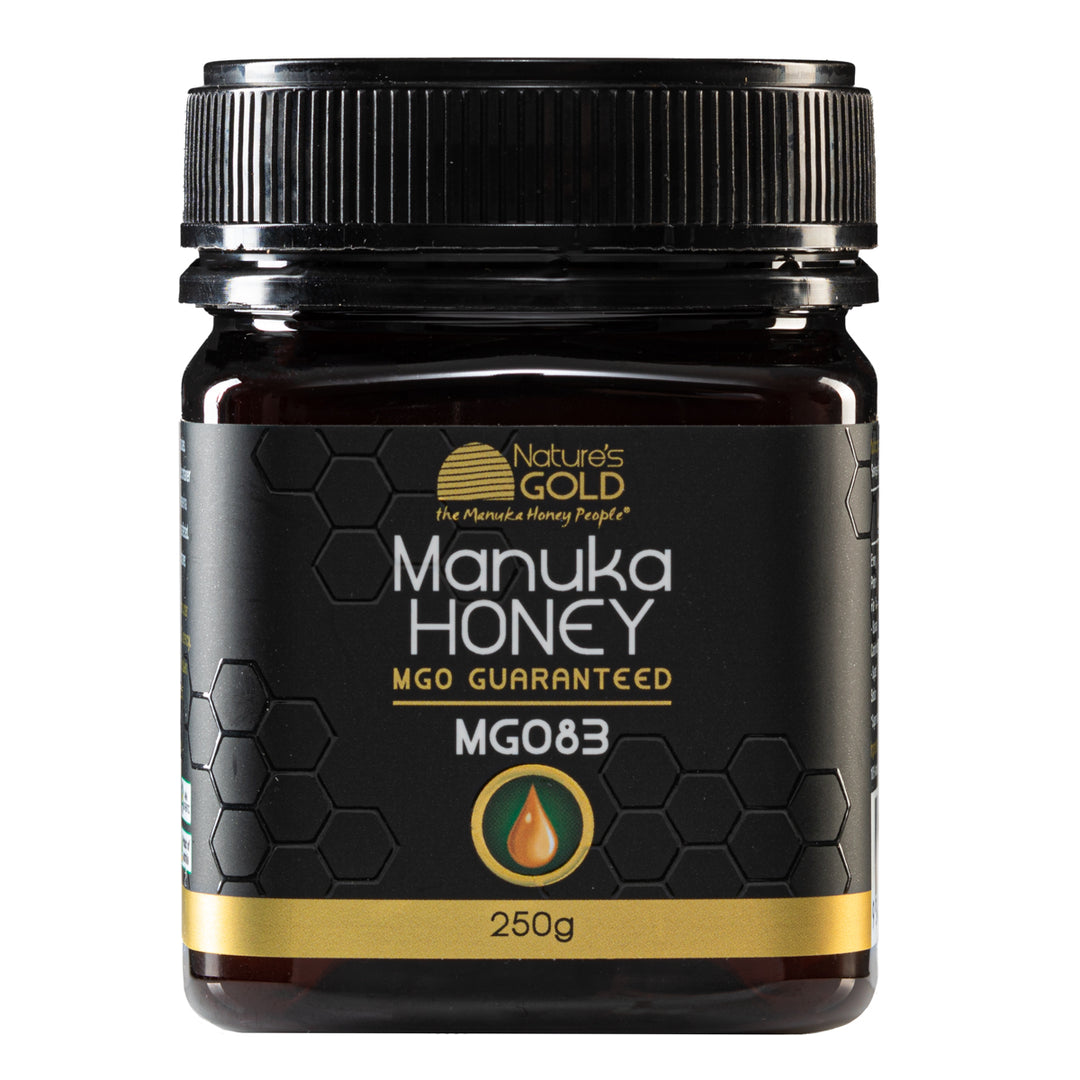
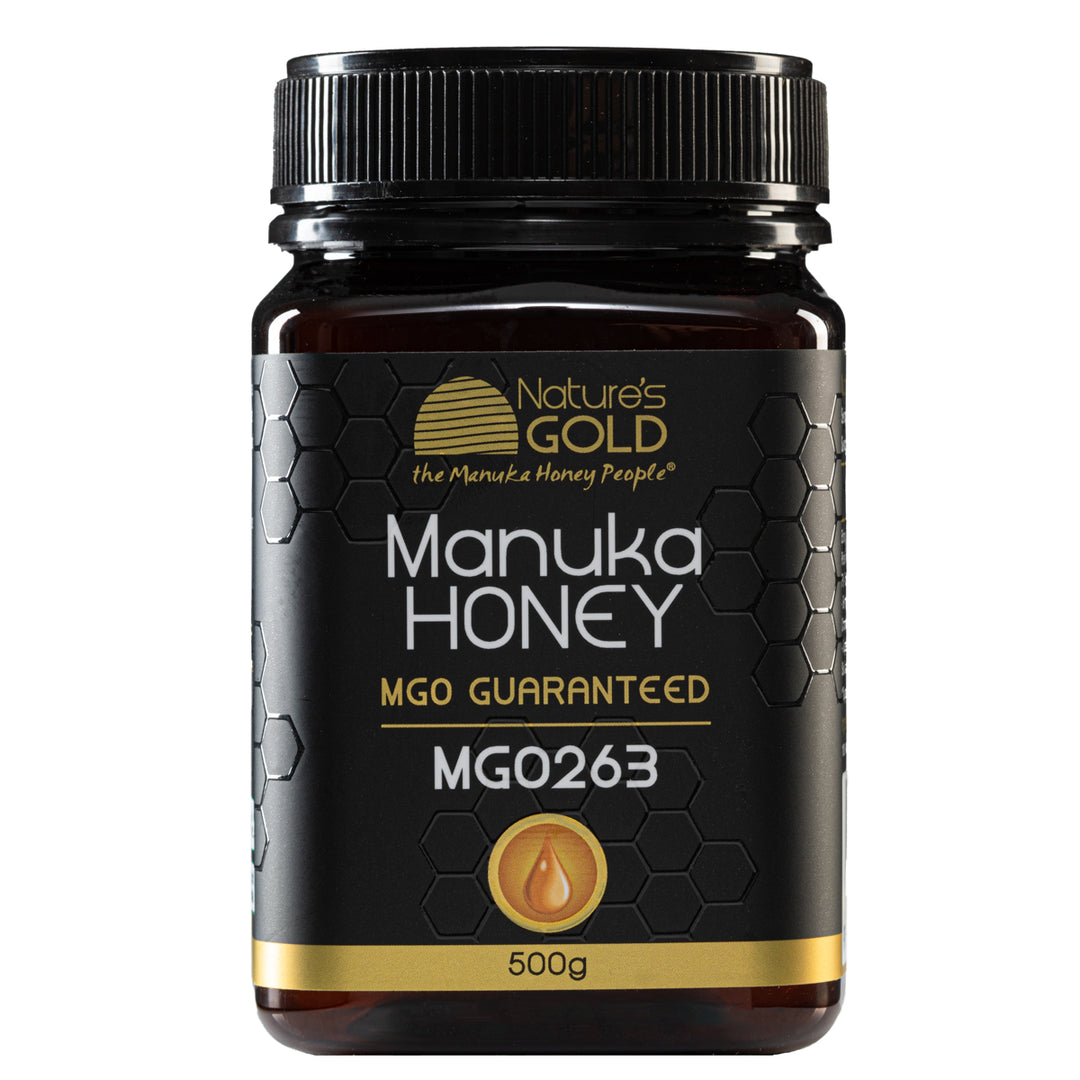
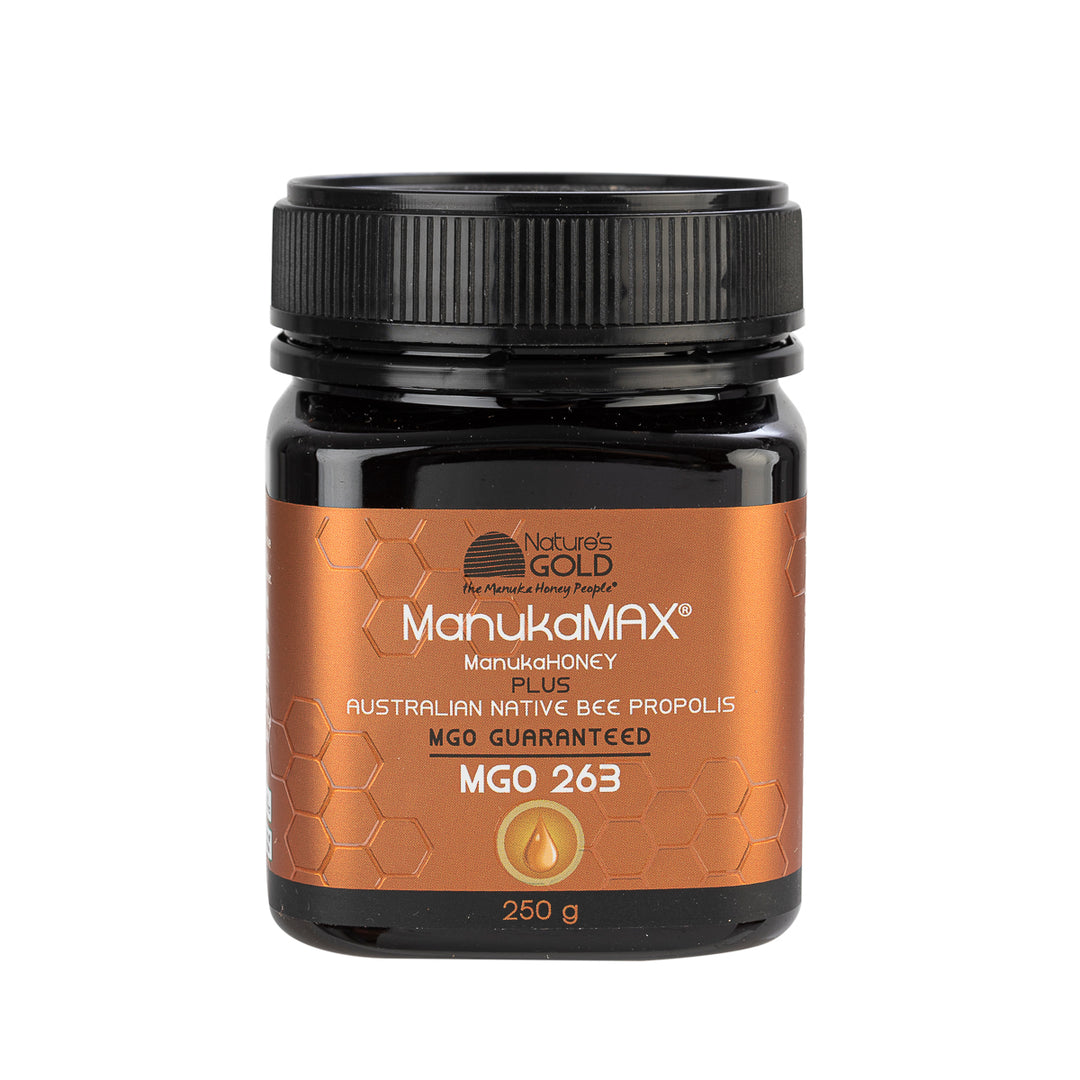
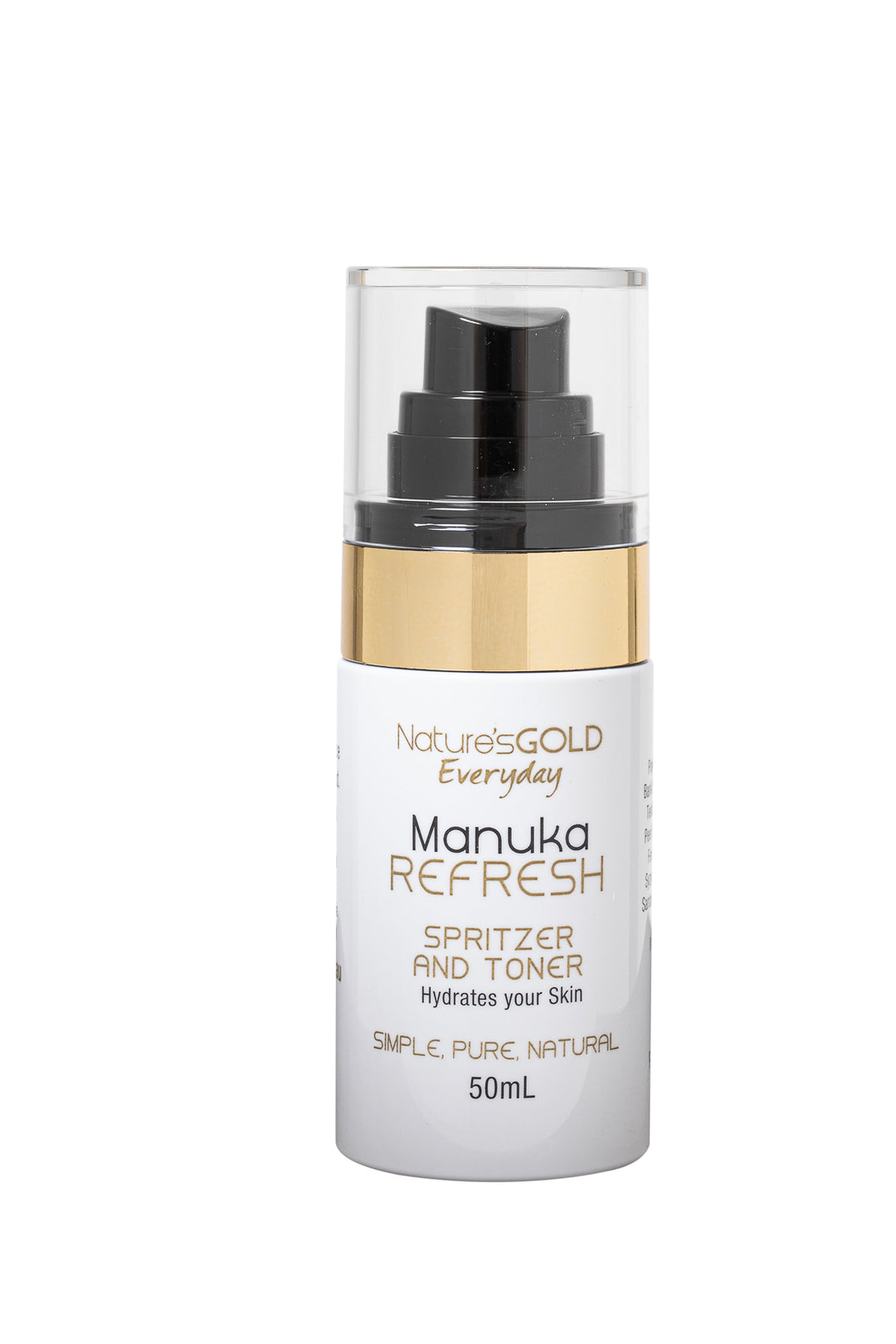



“I’ve been using eucalyptus honey for my sore throat, and it works wonders! It’s my go-to natural remedy.”
Tinggalkan komen